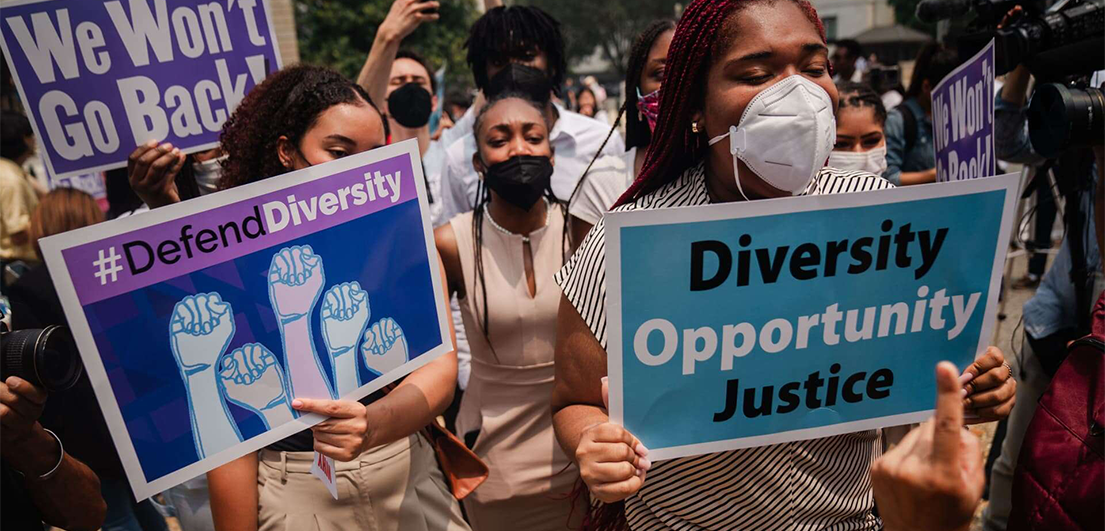End of Affirmative Action at Colleges Poses Challenges for Corporate Hiring
The recent end of affirmative action at colleges has sparked anticipation among business leaders and academic administrators about its potential impact on corporate hiring practices. One of the major concerns is that the elimination of affirmative action may lead to a less diverse applicant pool for companies to recruit new workers. This poses new challenges for companies' own diversity, equity, and inclusion efforts and could have negative repercussions on the global perception of the United States.
Positive Impact on African Progress and Business Development
Focus on Meritocracy: With the end of affirmative action, companies may shift towards a more merit-based recruitment approach. This can create opportunities for African individuals who excel in their respective fields, allowing them to compete on equal footing and potentially increasing representation in various industries.
Encouraging Skills Development: As companies seek highly skilled and qualified candidates without preferential treatment based on race or ethnicity, there may be an increased emphasis on skills development and education in Africa. This could lead to improved education and training opportunities for African individuals, ultimately benefiting the continent's workforce.
Fostering Entrepreneurship: With a potentially less diverse talent pool in traditional corporate hiring, African entrepreneurs may find new opportunities to develop and lead their businesses. This could foster a culture of entrepreneurship and innovation, driving economic growth and business development in Africa.
Potential Challenges and Negative Impacts
Limited Diversity in Workforce: The elimination of affirmative action may result in a less diverse workforce within companies. A lack of diverse perspectives and experiences may hinder innovation and problem-solving abilities, potentially impacting business performance and development.
Global Competitiveness: A less diverse and inclusive workforce in the U.S. could affect the country's global competitiveness. As other countries prioritize diversity and inclusion in their workforce, the U.S. may face challenges in attracting international talent and competing in the global market.
Reduced Opportunities for Underrepresented Groups: The end of affirmative action may disproportionately affect underrepresented groups, including African individuals, who historically faced barriers to opportunities and advancement. This could lead to reduced access to leadership roles and hinder progress for marginalized communities.
Legal Uncertainty for Businesses: The Supreme Court's affirmative action ruling could create legal uncertainty for businesses that promote diversity in their recruitment practices. Companies may face challenges in navigating legal requirements and potential backlash from affected communities.
Conclusion
In conclusion, the end of affirmative action at colleges brings both opportunities and challenges for African progress and business development. While a shift towards meritocracy may promote skills development and entrepreneurship, it could also result in a less diverse workforce and hinder global competitiveness. It is crucial for companies to proactively address diversity and inclusion in their recruitment practices to ensure a fair and equitable workforce that embraces diverse talent from all backgrounds. Additionally, governments and organizations in Africa must continue their efforts to promote inclusive policies and provide equal opportunities to underrepresented groups, fostering a more inclusive and thriving business environment on the continent.
